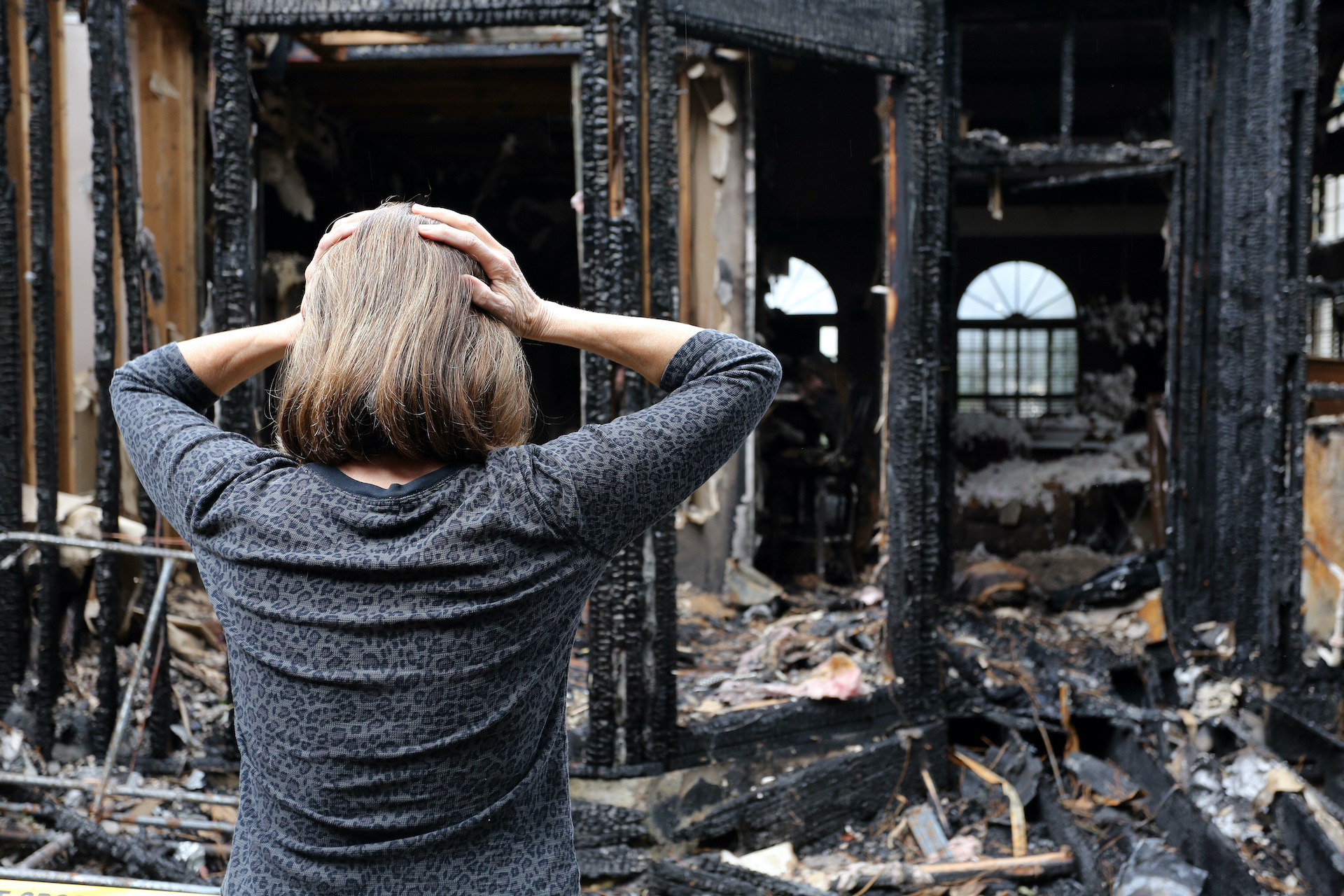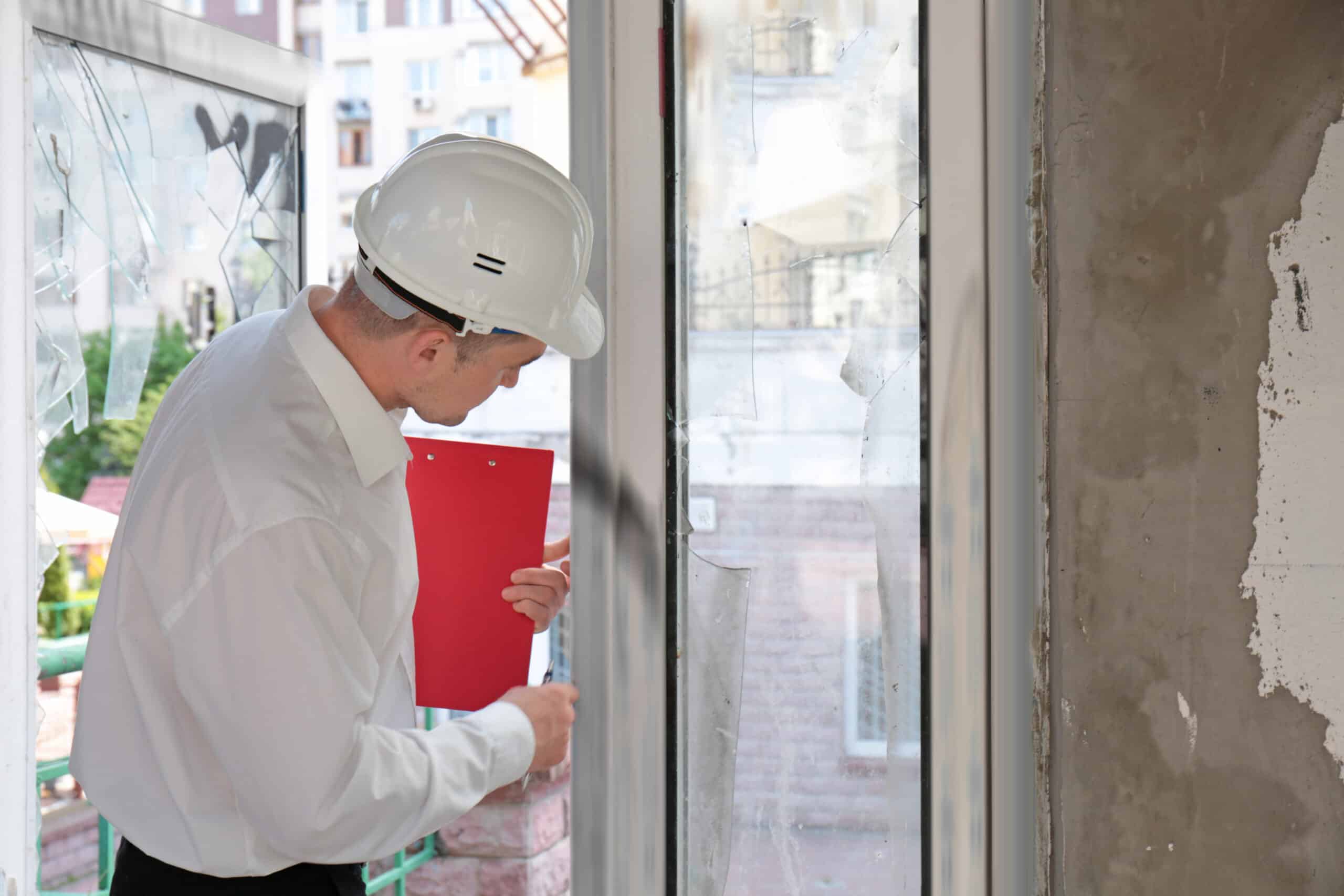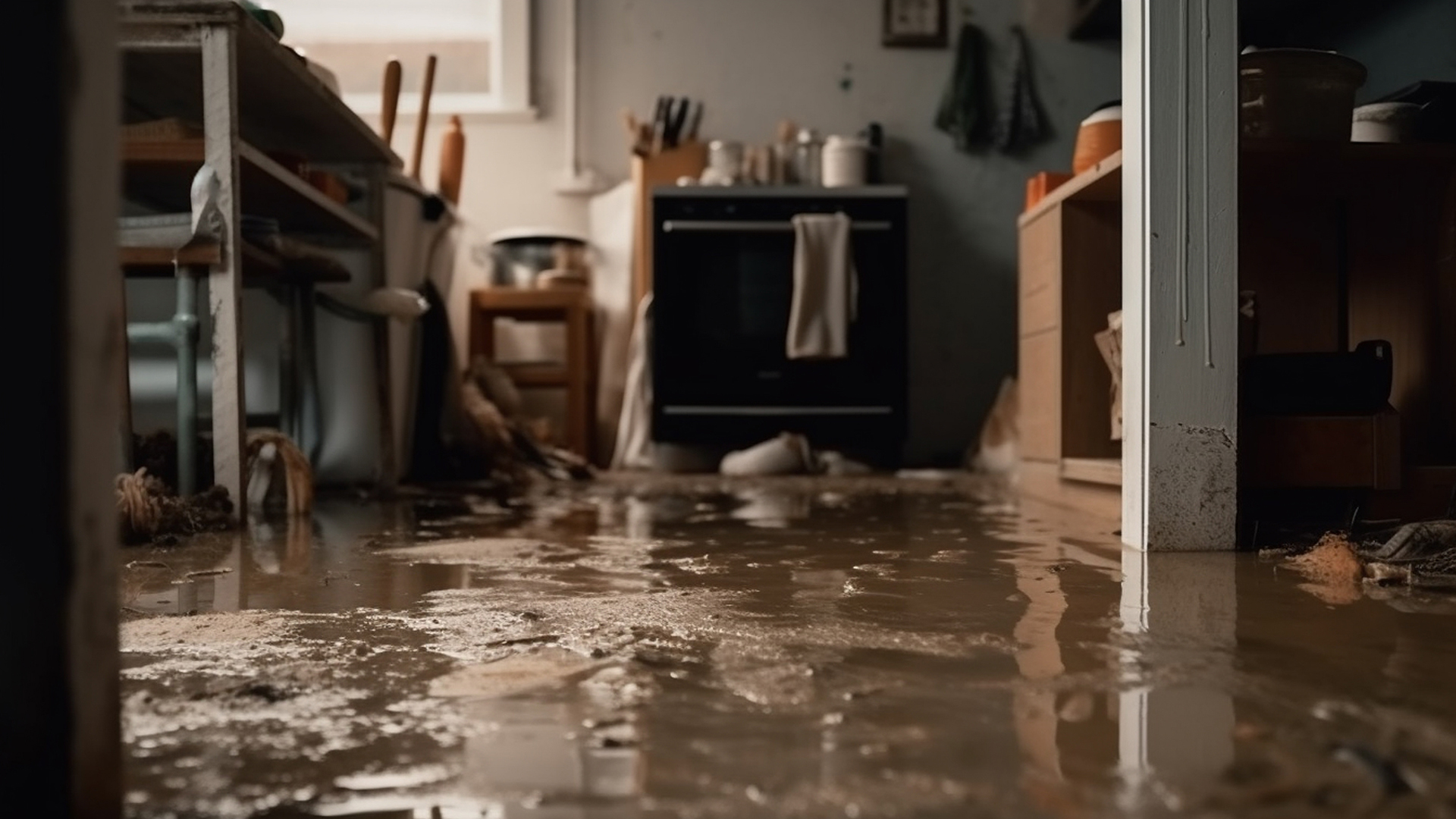Catastrophic claims adjusters are the unsung heroes of disaster response, working tirelessly behind the scenes to restore order and support those affected by catastrophes.
But what exactly is the role of adjusters in catastrophe response? How do they navigate the complexities of insurance claims and help communities rebuild?
In this discussion, we will explore adjusters’ crucial role in catastrophe response, the challenges they face, and their impact on individuals and communities. Get ready to uncover the invaluable work of these dedicated professionals who ensure that the road to recovery after a catastrophe is smooth.
The Crucial Role of Adjusters in Catastrophe Response
Insurance adjusters play an indispensable role in catastrophe response. They swiftly evaluate property damage, estimate repair costs, and guide policyholders through the claims process.
Catastrophic events can cause extensive property damage, leaving policyholders in distress. That’s where catastrophic claims adjusters step in. They have the expertise to assess the extent of the damage and provide accurate estimates for repairs.
Catastrophic adjusters ensure a smooth and efficient claims process by working closely with policyholders. They act as a bridge between the policyholder and the insurance company, offering support and clarity throughout the process. Their knowledge of insurance policies and claims procedures is vital in helping policyholders navigate the complexities of their insurance policies.
Catastrophe adjusters understand the unique challenges of catastrophe-related claims and are equipped to handle them effectively. Their swift response and attention to detail enable policyholders to receive fair and timely settlements, allowing them to start rebuilding their lives after a catastrophic event.
In times of crisis, these adjusters provide much-needed relief and assistance, significantly impacting the lives of policyholders affected by catastrophe-related property damage.
Importance of Adjusters in Long-Term Recovery
Adjusters play a crucial role in the long-term recovery process following a catastrophe. As catastrophic claims adjusters, they’re instrumental in navigating the complex landscape of insurance claims and ensure that policyholders receive the support they need to rebuild their lives. In the aftermath of natural disasters, such as hurricanes, earthquakes, or wildfires, insurance claims adjusters are on the front lines, assessing the damage to structures and estimating repair costs. They work closely with policyholders, providing guidance and support throughout the claims process.
The importance of adjusters in long-term recovery can’t be overstated. They collaborate with contractors and repair specialists to oversee the repair and reconstruction process, ensuring quality standards are met. They serve as advocates for policyholders, protecting their rights and resolving any disputes that may arise. Additionally, successful claims adjusters understand the significance of customer satisfaction and strive to provide the necessary support for policyholders during extended recovery periods.
In the insurance industry, there are different types of adjusters, including public adjusters and independent adjusters. Each plays a critical role in facilitating the long-term recovery process. Public adjusters work directly for policyholders, representing their interests and helping them navigate the complexities of the claims process. On the other hand, independent adjusters are hired by insurance companies to assess and handle claims on their behalf. Both types of adjusters contribute to successfully restoring homes, businesses, and infrastructure, ensuring that communities can rebuild and recover from the devastation caused by natural disasters.
Adaptation to Climate-Related Disasters
As catastrophic events become more frequent and severe, professionals in the insurance industry must adapt their strategies and approaches to respond to these climate-related disasters effectively.
Independent insurance adjusters play a vital role in this adaptation process. They specialize in evaluating property damage and estimating repair costs, ensuring fair and efficient claim settlements. These adjusters assess the extent of the damage by conducting on-site inspections, documenting the damage, and reviewing policy details. They act as a point of contact between policyholders and insurance firms, providing clarity and support throughout the claims adjustment process.
By working in a team of adjusters, they can efficiently handle different types of claims, including catastrophic claims involving structural damage. With their expertise, adjusters help insurance companies understand the extent of the damage and make accurate claim settlements.
Adapting to climate-related disasters requires adjusters to stay updated on emerging risks and changes in insurance policies. They incorporate sustainability measures into their work, ensuring communities can adapt and recover from these events effectively.
Training and Preparation for Disaster Response
Insurance adjusters must undergo comprehensive training and preparation to respond to disasters effectively. This ensures they have the knowledge and skills to handle the challenges after a catastrophe.
Here are five critical aspects of training and preparation for disaster response:
Property assessment: Adjusters learn how to evaluate property damage accurately and determine the extent of repairs needed.
Claims estimation: They’re trained to estimate claim values based on the damage assessment and policy coverage.
Policy interpretation: Understanding insurance policies is crucial for adjusters to ensure fair and accurate claim settlements.
Ethics and integrity: Training emphasizes the importance of ethical conduct and maintaining the highest standards of integrity.
Real-world simulations: Adjusters participate in simulations that replicate high-pressure situations, enabling them to practice their skills and decision-making abilities.
Rewards and Impact of a Career in Insurance Adjusting
Embarking on a career in insurance adjusting can bring you financial stability and a fulfilling professional journey. As an insurance adjuster, you can make a meaningful difference in challenging moments for individuals and communities. Your role is vital in ensuring fairness and maintaining trust and transparency in the insurance industry.
By empowering yourself through training, you can have a lasting impact on communities, contributing to their resilience and recovery. The rewards of a career in insurance adjusting go beyond financial stability. Your expertise and dedication are crucial in guiding policyholders through the claims process and providing clarity and support. You can advocate for their rights, resolve disputes, and meet their needs.
In challenging times, your knowledge and skills are invaluable in helping communities adapt and recover from climate-related disasters. By being an insurance adjuster, you become an integral part of the recovery process, positively impacting individuals and communities alike.
Frequently Asked Questions
What Are the Specific Challenges Faced by Independent Adjusters During Catastrophe Claims?
During catastrophe claims, independent adjusters, like you, face challenges such as time-consuming traditional deployment methods, capacity limitations, safety concerns, settlement delays, and difficulties accessing hazardous or restricted areas.
How Do Traditional Adjuster Deployments Impact the Processing of Settlements in Disaster-Affected Areas?
Traditional adjuster deployments in disaster-affected areas can cause delays in processing settlements. Your capacity may be overwhelmed, compromising safety and access to hazardous or restricted zones. Consider utilizing outsourcing for faster, more efficient claims processing.
What Are the Benefits of Outsourcing for Rapid Data Collection in Catastrophe Response?
Outsourcing to a company such as BSA Claims Solutions for rapid data collection in catastrophe response offers benefits such as reduced assessment time, real-time information access, enhanced accuracy in damage assessments, optimized division of labor, and improved overall claims management efficiency.
How Does BSA Claims Enhance the Accuracy of Damage Assessments in Insurance Claims?
BSA Claims enhances the accuracy of damage assessments in insurance claims. With high-resolution imagery and AI-powered analysis, adjusters can make precise assessments, ensuring fair and accurate claim settlements.
In What Ways Does BSA Claims Improve the Overall Efficiency of the Claims Management Process for Insurance Companies?
BSA Claims improves overall efficiency by streamlining the claims process. With BSA handling initial inspections, adjusters can focus on high-priority cases and directly communicate with policyholders. This optimized division of labor enhances overall claims management efficiency.
Join Our CAT Roster or Partner with Us
In conclusion, you play a vital role in catastrophe response as an adjuster. Your expertise in evaluating property damage, estimating repair costs, and guiding policyholders through the claims process ensures fair settlements and helps communities recover.
Your involvement in long-term recovery, working with contractors, and advocating for policyholders makes a lasting impact. By adapting to climate-related disasters and staying up-to-date with training, you contribute to community resilience.
Ready to make a difference in catastrophe response? Join our CAT roster as a catastrophic claims adjuster or partner for streamlined claims processing.
Our experienced team specializes in evaluating property damage, estimating repair costs, and guiding policyholders through the claims process. Whether you’re seeking a rewarding career opportunity or efficient claims services, we’re here to help.
Contact us today to learn more and take the next step toward making a positive impact in challenging moments.






